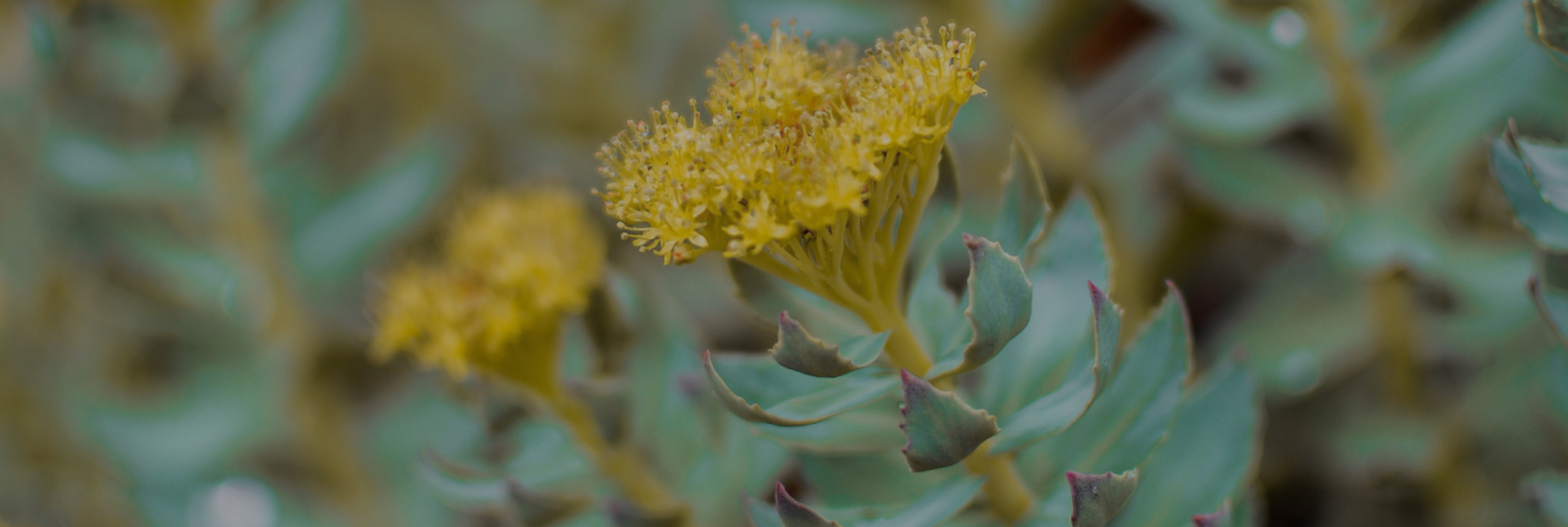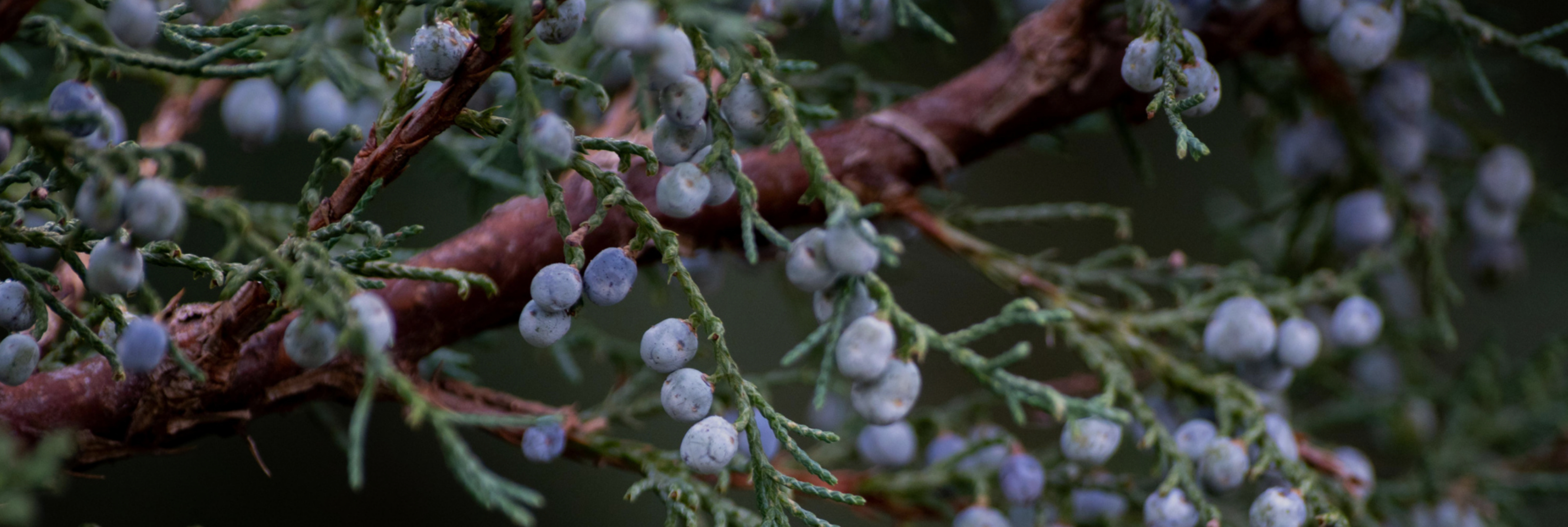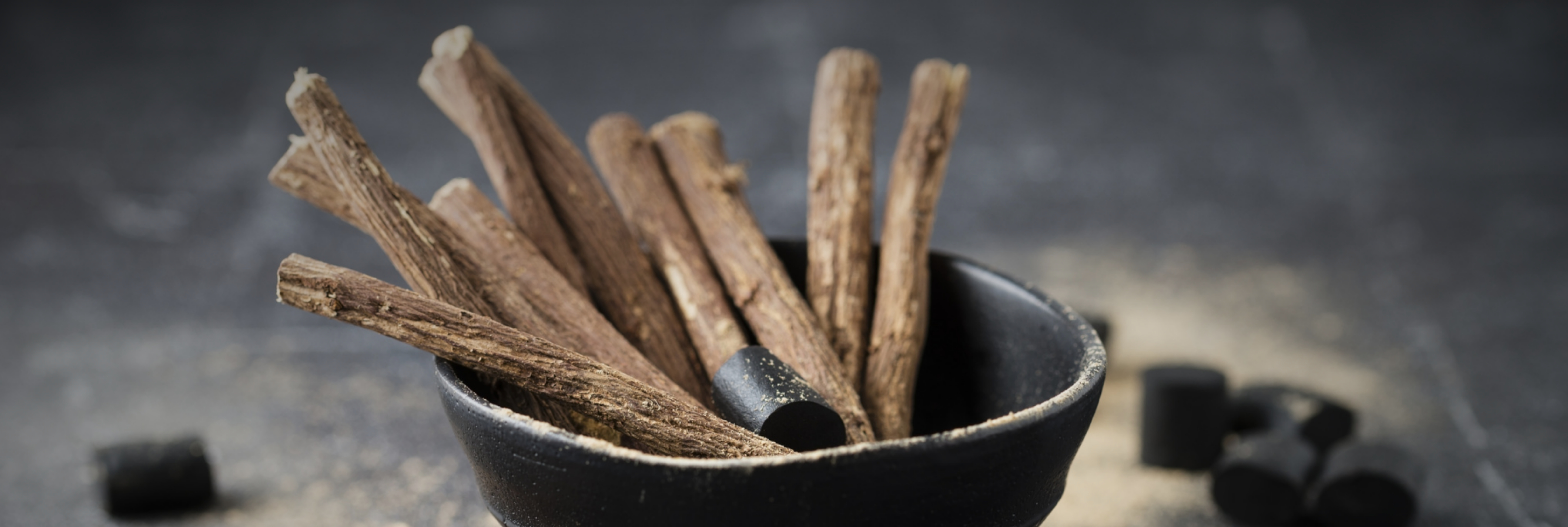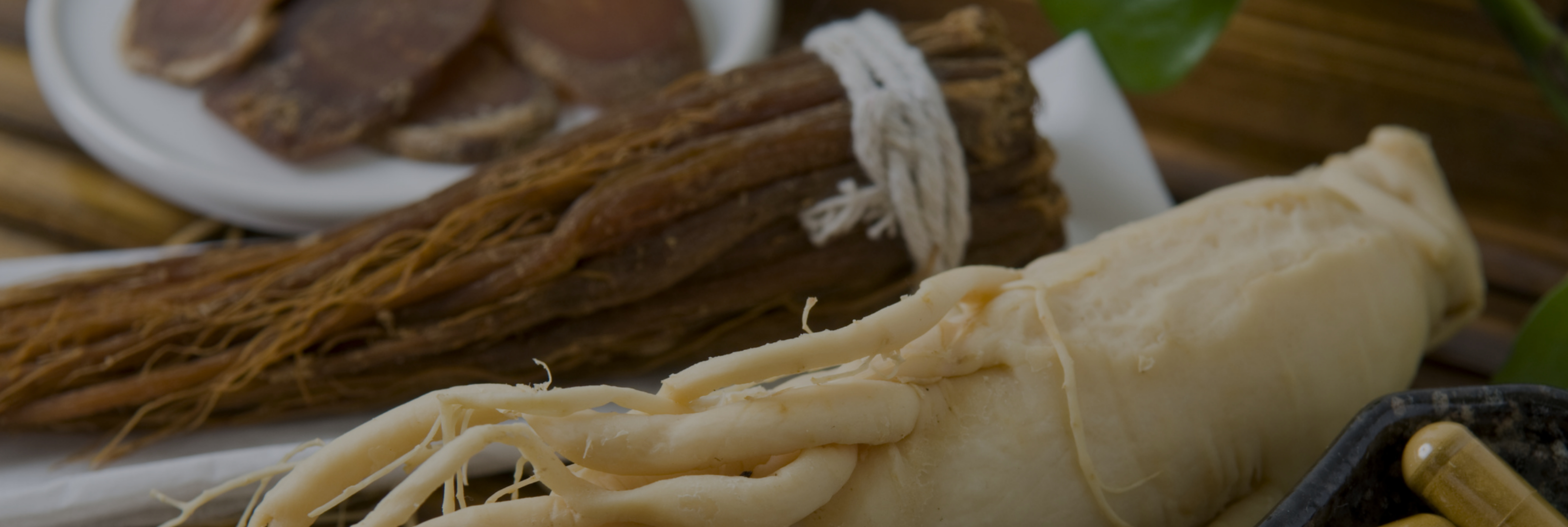At a glance
- When faced with sleep disorders and chemical solutions such as benzodiazepines, botanicals and adaptogenic plants in particular can offer an interesting alternative.
- Some of these have an impact on reducing nocturnal anxiety, reducing frequent awakenings while prolonging periods of restful sleep.
- Ashwagandha, for example, has soothing and stress hormone-regulating properties, while griffonia acts as a stimulator of serotonin production and regulates the sleep-wake cycle. Rhodiola is said to have anti-fatigue and anti-stress properties, with impacts on emotional balance and sleep.
- Synergy between these adaptogenic botanicals and other sleep-inducing botanicals enables the desired impact to be optimised.
- Many food supplement manufacturers combine these botanicals to enrich their formulations and make them more effective.
- Natural Origins offers a wide range of botanicals for this sleep area, and its Botanical Studio® can assist you with exclusive and innovative formulations.
Sleep is a complex process that is essential for psychological balance and physical and mental recovery, whatever your age. It also contributes to growth and memory. Environmental conditions, contemporary lifestyles and certain pathologies can influence the quality and amount of sleep we get.
An invaluable ally in the quest for a peaceful night's sleep, adaptogenic botanicals provide your sleep products with a natural and powerful alternative that is gaining in popularity (food supplements, drinks, herbal teas and infusions). Discover our botanical ingredients, offering you a holistic solution that strengthens the body's resilience in the face of stress affecting night-time rest.
Adaptogenic botanicals for a better sleep?
Sleep disorders
The main disorders that have an impact are dysomnias (insomnia, hypersomnia) and parasomnias. Sleeping less than six hours can lead to numerous co-morbidities such as obesity, type 2 diabetes, cardiovascular disease, depression and accidents (1) (2).
Insomnia leads many people to resort to psychotropic drugs (nearly one in four French people use them). However, the use of these drugs is not free of side-effects. What's more, in an inflationary context where only 15% of the total price of a benzodiazepine is reimbursed, sleep-inducing botanicals and their fabulous properties are a real treasure trove. Hence the importance of using phytotherapy, and in particular adaptogenic botanicals, to deal with contemporary ailments that are partly responsible for disturbed sleep: anxiety, depression, stress, etc.
Various dysfunctions, such as those of the GABA (gamma-aminobutyric acid) receptor, the main inhibitory neurotransmitter of the central nervous system, cortisol levels, cytokines, the circadian rhythm (secretion of melatonin) and excitatory amino acids (glutamate and aspartate) are generally responsible for sleep disorders. Disturbances in the GABAergic function involved in the mechanism of anxiety and depression contribute to the onset of these sleep disorders. Botanical active ingredients modulate adenosine and melatonin receptors or have a GABAergic impact (3).
Chronic stress is one of the factors responsible for sleep-related problems. In fact, it causes hyperactivation of the nervous system, making it harder to fall asleep and fragmenting nocturnal rest.
People under stress frequently wake up at night and experience a reduction in the deep sleep phases, essential for recuperating. High levels of stress stimulate the production of cortisol, a hormone that interferes with melatonin and upsets the biological clock. This leads to a vicious circle: lack of sleep increases sensitivity to stress, which in turn further impairs rest.
How do adaptogenic sleep botanicals work?
The active compounds present in these botanicals act on several physiological levels to improve the quality of night-time rest. They regulate the production of cortisol, the stress hormone, enabling better relaxation before bedtime. In addition, these botanicals stimulate the synthesis of neurotransmitters such as serotonin and GABA, which are essential for falling asleep and maintaining deep sleep.
Certain adaptogens, such as Rhodiola, contribute to:
- Reducing night-time anxiety
- Reducing frequent awakenings
- Prolonging phases of restorative sleep
These combined impacts promote a more natural and regenerative sleep cycle.
Ashwagandha: the adaptogenic sleep botanical star

Soothing and stress hormone-regulating properties
Scientific research has highlighted the beneficial impact of ashwagandha on sleep. Indeed, a study published in the Journal of Ethnopharmacology revealed that this botanical significantly increases the duration of deep sleep. Participants who consumed ashwagandha reported falling asleep more quickly and waking up less frequently during the night. The botanical also appears to improve the subjective quality of sleep.
Ashwagandha acts particularly by:
- Reducing the time it takes to fall asleep
- Prolonging the deep sleep phase
- Reducing nocturnal disturbances
These results suggest that ashwagandha may be a natural remedy for people seeking to improve their sleep without resorting to chemical sleeping pills.
Griffonia: stimulator of serotonin production

Its role in regulating the sleep-wake cycle
Griffonia is distinguished by its high content of 5-HTP, a direct precursor of serotonin. This gives it a crucial role in balancing the sleep-wake cycle. 5-HTP easily crosses the blood-brain barrier, rapidly increasing serotonin levels. This in turn promotes the production of melatonin, the key sleep hormone. This biochemical cascade helps synchronise circadian rhythms, making it easier to fall asleep and improving the quality of night-time rest.
Rhodiola: adaptogenic anti-fatigue and anti-stress botanical

Impact on emotional well-being and sleep
Rhodiola stands out for its impact on emotional balance and sleep. This adaptogenic botanical regulates the production of serotonin and dopamine, two neurotransmitters essential for mental well-being.
Its action on the central nervous system reduces mood swings and soothes night-time anxiety. Clinical studies have shown an improvement in sleep quality in people who take Rhodiola regularly.
Its use is particularly relevant for individuals suffering from sleep disorders linked to chronic stress or work overload.
Synergy with other botanicals to promote rest
Phytotherapy sometimes combines medicinal botanicals to increase the impact of their active ingredients. The synergy of two adaptogenic botanicals can enable the body to stabilise and, for example, regain a peaceful night's sleep without the side-effects of sleeping pills. Therapeutic proposals are therefore being considered, especially as new clinical evidence attests to the effectiveness of these medicinal botanicals.

Rhodiola, for example, achieves its full potential when combined with other adaptogenic botanicals. A judicious blend with ashwagandha amplifies the relaxing impact and promotes deep rest. The addition of griffonia enriches this synergy by stimulating the production of serotonin.
Phytotherapy for sleep: beyond adaptogenic botanicals
Black horehound has sedative and anxiolytic properties due to a flavonoid, verbascoside, and is recommended for minor sleep disorders (4).

Hawthorn and valerian act on the nervous system and are traditionally used for their mild sedative action for anxious people with disturbed sleep. Valerian contains valepotriates which act on GABA receptors, inducing deep relaxation. Its powerful action makes it an ideal ally for restless nights.


Lemon balm reduces stress, eases nervousness and anxiety, and is thought to help with depression.

Linden, rich in farnesol, has a calming effect on the central nervous system.

Passiflora flower soothes nervous tension, makes it easier to fall asleep and enables you to improve the quality of your sleep (5). Passiflora helps you relax and get a good night's rest (6).

Saffron, used for its soothing properties, is an effective metabolic regulator for treating insomnia linked to nervous agitation.

Schizandra has a beneficial effect on digestion, promoting restful sleep.

These botanicals can be combined with adaptogens to maximise their impact and create a beneficial synergy on the sleep cycle.
Combining soothing adaptogenic botanicals with melatonin in food supplement formulas is also often recommended to combat sleep problems and insomnia and get a more restful night's sleep.

Procter & Gamble Health's ZzzQuil® brand, for example, is launching a spray providing 0.25 mg of melatonin per spray as a follow-up to its sleep gummies, which combined melatonin and botanical extracts (valerian, lavender, chamomile matricaria). The claim is: ‘melatonin helps reduce the time it takes to fall asleep’. This vegan product offers consumers a new sensory experience, with lavender and orange aromas providing a soothing, pleasant sensation.
Our main sleep botanicals references
Natural Origins has selected and developed natural ingredients that act on sleep-related disorders. Our botanicals provide active ingredients with natural sedative properties that you can incorporate into your formulations and products. Natural Origins offers these botanicals in different forms to meet your needs: cut, powder or extract formats.
 |
 |
 |
 |
 |
 |
| Ashwagandha | Black horehound | Chamomile | Eschscholtzia | Ginseng | Griffonia |
 |
 |
 |
 |
 |
 |
| Hawthorn | Hop | Lavander | Lemon balm | Linden | Passiflora |
 |
 |
 |
 |
 |
 |
| Rhodiola | Saffron | Schizandra | St. John's wort | Stinging nettle | Valerian |
Support from Natural Origins for your blends and customised botanical sleep products
We can guide you in your formulation by offering you our scientific expertise and technical support via our Botanical Studio®.

Feel free to contact us so that we can advise you on exclusive and innovative formulations.
To see our entire product range, check out our online catalogue available 24 HOURS A DAY 7 DAYS A WEEK.
Sources :
(1) Tsuno N, Besset A, Ritchie K. Sleep and depression. J Clin Psychiatry. 2005;66(10):1254-69. https://pubmed.ncbi.nlm.nih.gov/16259539/
(2) Knutson KL. Sleep duration and cardiometabolic risk: a review of the epidemiologic evidence. Best Pract Res ClinEndocrinol Metab. 2010;24(5):731-43. https://pubmed.ncbi.nlm.nih.gov/21112022/
(3) Awad, R., Levac, D., Cybulska, P., Merali, Z., Trudeau, V.L., & Arnason, J.T. Effects of traditionally used anxiolytic botanicals on enzymes of the gamma- aminobutyric acid (GABA) system. Canadian Journal of Physiology and Pharmacology, 2007. 85, 933–942. https://pubmed.ncbi.nlm.nih.gov/18066140/
(4) DAELS-RAKOTOARISON DA et al. « Neurosedative and antioxidant activities of phenylpropanoids from Ballota nigra. » Arzneimittelforschung. (2000). https://pubmed.ncbi.nlm.nih.gov/10683711/
(5) Ngan A and Conduit R. A Double blind, Placebo controlled Investigation of the Effects of Passiflora incarnata (Passionflower) Herbal Tea on Subjective Sleep Quality. Phytother. Res. 2011. 25: 1153–1159 https://pubmed.ncbi.nlm.nih.gov/21294203/
(6) APPEL K. et al. « Modulation of the γ-aminobutyric acid (GABA) system by Passiflora incarnata L. » Phytother Res. (2011). https://pubmed.ncbi.nlm.nih.gov/21089181/
Aurélie Felix
Marketing Director







Leave a comment